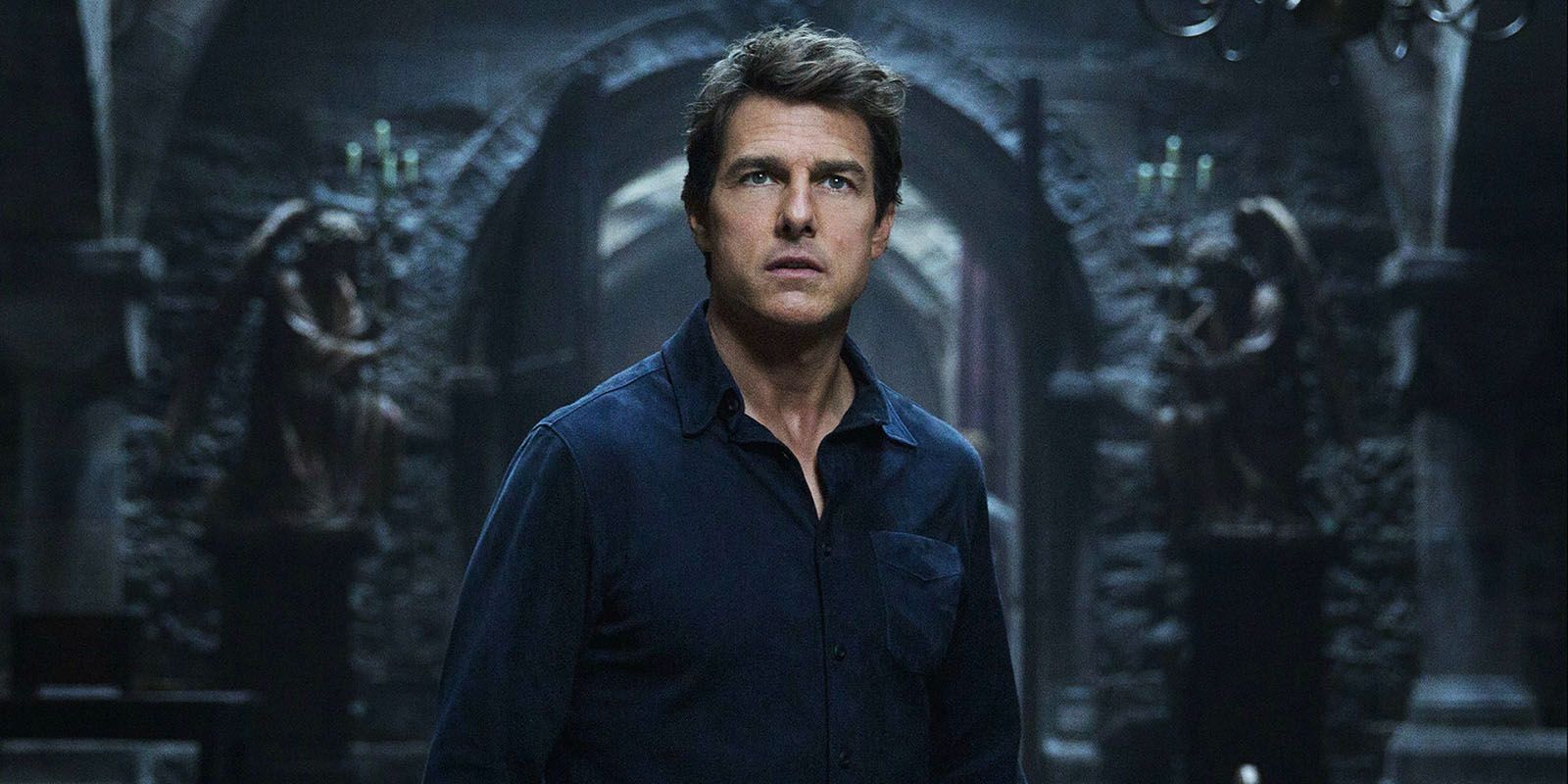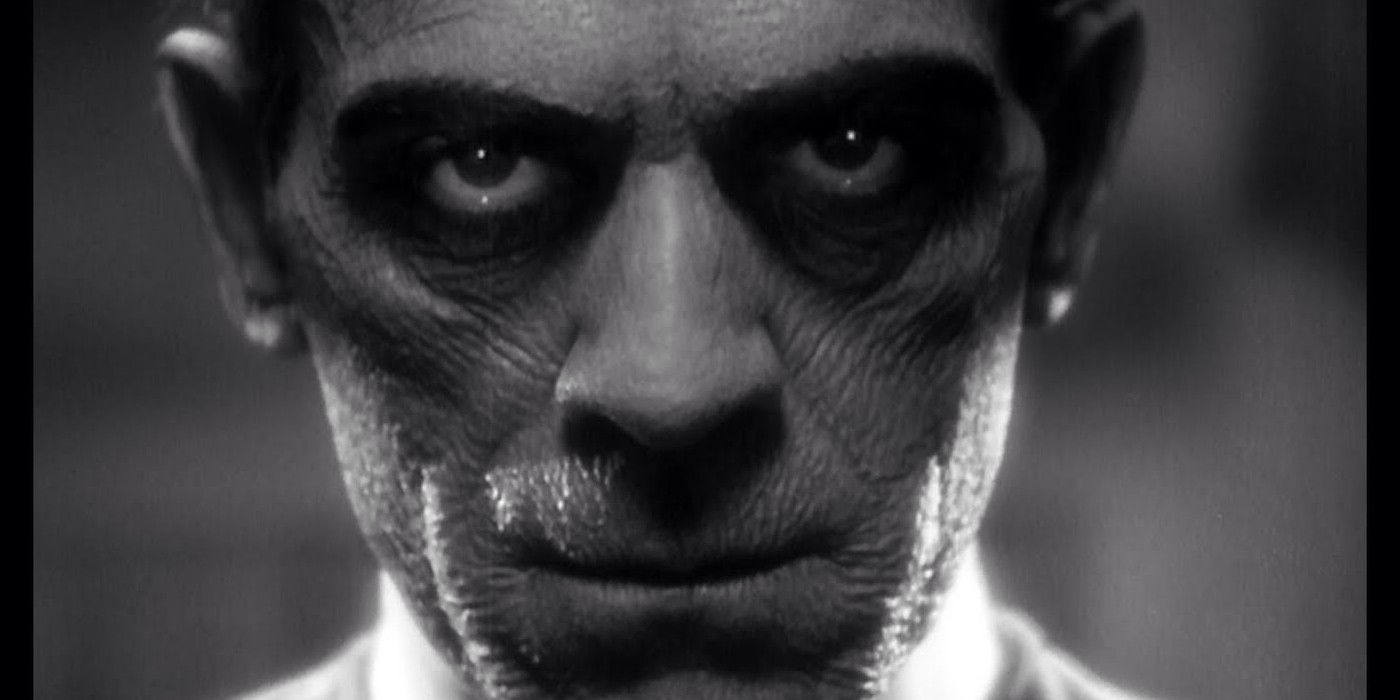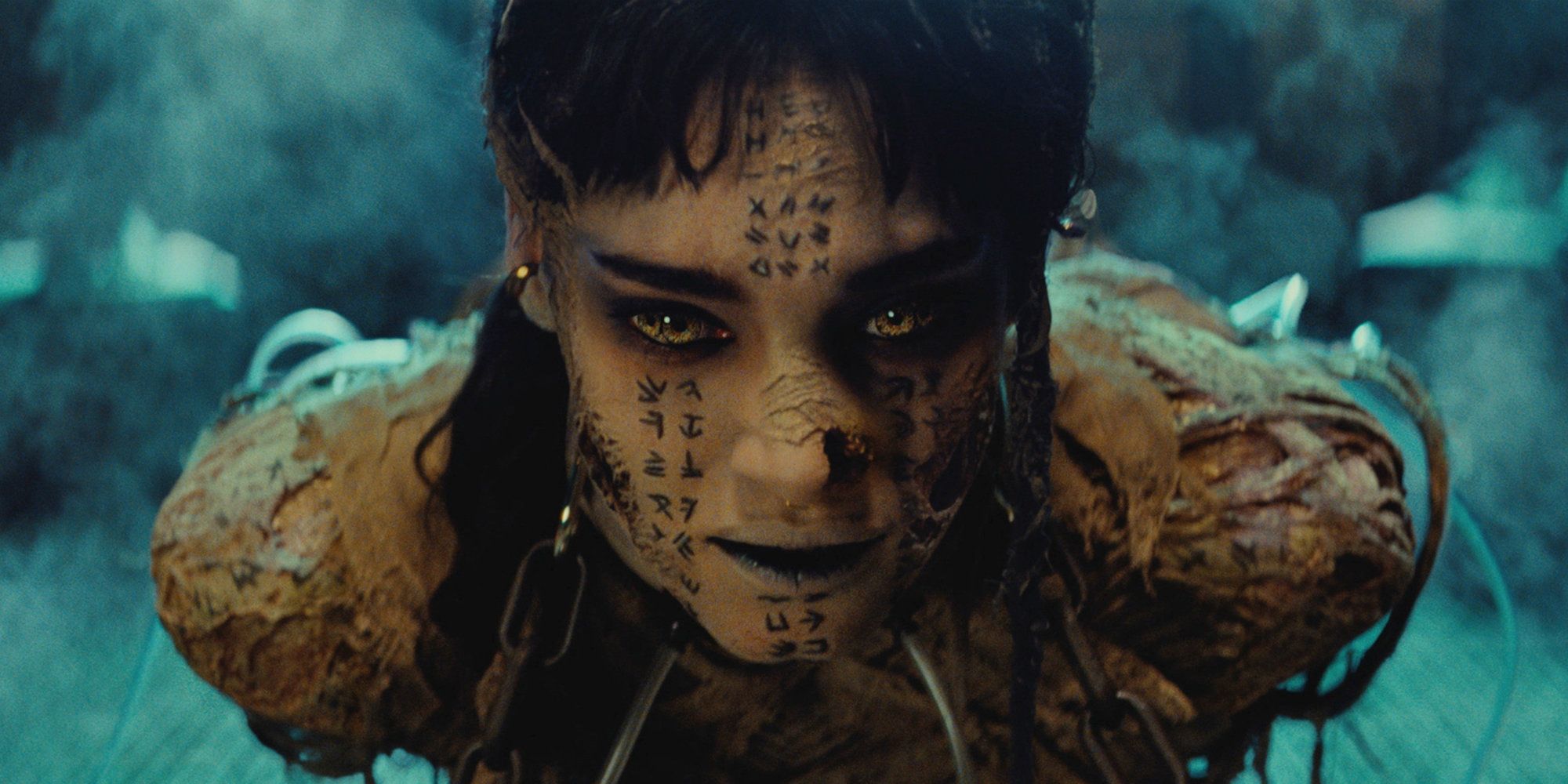Warning: this article contains spoilers for The Mummy
-
While the North American box office and critical reception for The Mummy, Universal’s latest attempt to revive its iconic Monsters series, proved disappointing, its international numbers have kept the Tom Cruise star vehicle afloat, thus ensuring audiences will see the rest of this much-lauded Dark Universe. The studio has tried several times before to bring back the horror franchise that made them famous in the early days of film, with mixed results. While Dracula Untold, intended to be the original beginning for the Dark Universe, underperformed so much that Universal is now pretending it never happened, their first remake of The Mummy, directed by Stephen Sommers and starring Brendan Fraser, was a smash hit and inspired two sequels as well as a theme park ride. Critical responses in 1999 were tepid, but audiences flocked to see the retro-inspired action adventure.
Nowadays, in a post-Marvel world, where extended universes and multi-part franchises are the coveted norm with major studios, producers are dipping into their back-catalogues for familiar material to revive, so a new take on The Mummy was hardly unexpected. Sadly, the one we got is a let-down for both fans of the original two films and novices to the series.This film may very well take place within the continuity of the Sommers trilogy, as a key Easter egg reveals, but it contains none of the spark or excitement of those films. Cruise’s The Mummy, directed by Alex Kurtzman (Star Trek: Discovery), is required to adhere to a modern blockbuster structure, both as a solo film and as an intended foundation for a shared universe. This forces the story to be more than it needs to be, thus detracting from its central asset, the mummy herself.
The film seems surprisingly uninterested in the conflict of the mummy, which is easily the most intriguing element of a film bereft of wit and originality. Instead, it must veer the plot sideways and grind to a halt in order to make time to establish the wider universe that will take up several films’ plots for the coming decade (plans for further Dark Universe movies include Frankenstein's Monster, appearing in The Bride of Frankenstein with Javier Bardem, The Invisible Man with Johnny Depp, The Phantom of the Opera, and others). What makes the 1999 remake so watchable is its giddy enthusiasm for old-school adventure tales and evoking that era of entertainment. The trilogy can be very silly at times but that only adds to its rambunctious charm, readily buoyed by a charismatic cast. In comparison, Cruise’s The Mummy is staggeringly dull and self-important, afraid that taking itself a little less seriously would kill the film dead in its tracks. Instead of a genre-mixing historical action-adventure, we get a staid “chosen one” story too busy trying to be a Marvel or DC film.
The first incarnation of The Mummy comes from the 1932 film, directed by Karl Freund and starring Universal's icon of the Monster era, Boris Karloff (best known for his work in Frankenstein, as well as several films from this era of horror). The horror film, released before the Hays Code came into effect and implemented harsher limitations on what could be shown on-screen, is a tight 73 minutes and focuses on Imhotep, played by Karloff, as he is unwittingly resurrected by a hapless archaeologist, then spends a decade masquerading as a modern Egyptian man on the streets of Cairo looking for the reincarnation of his lost love. It’s a simple story told to great effect, especially for a film shot on such a low budget.
While many elements have aged poorly, including some black-face, it’s held together by one of Karloff’s best performances and a strong balance between sympathy for Imhotep’s plight and real unnerve at his presence. The appeal of Karloff’s take on The Mummy is in that central character, who is easily the most interesting person in the film, as well as the smartest. The only Egyptian character of note in this film set in Egypt – although Karloff was Anglo-Indian – plays the English invaders for fools, and it is only through the will of the ancient god Isis that his plan is defeated.
Next Page: [valnet-url-page page=2 paginated=0 text='Where%20the%20Remake%20Misses%20the%20Mark']
In Cruise’s film, the leading man is the sun that the entire story revolves around, meaning that the mummy herself, Princess Ahmanet (Sofia Boutella), is marginalized in her own story. The film may be called The Mummy, but here, said mummy becomes a mere afternote to Cruise’s grandstanding and the larger story involving Dr Jekyll/Mr Hyde (Russell Crowe) and Prodigium, the S.H.I.E.L.D. style secret organization intended to unite the Universal monsters over the course of the franchise.
It’s hard to overlook the film’s failure with its two main female characters, one of whom is a bland and passive love interest who’s 22 years younger than Cruise, while Princess Ahmanet is a thinly developed antagonist clad only in flimsy bandages who is leered at by the camera at every turn. Contrast that with Rachel Weisz in Sommers’ The Mummy, playing a fully fleshed out protagonist who is smart, actively participates in the story, and has a believable romance at the center of the plot. With audiences flocking to Wonder Woman and rejecting films with similarly badly treated female characters, such as the biggest flop of the Summer, King Arthur: The Legend of the Sword, there’s little reason for The Mummy to turn a blind eye to this problem.
A story that could have been taken in so many directions is hampered by being forced into the most generic mold possible, and one that still prizes white people’s narratives. In the end, Cruise’s character has become possessed by the Egyptian god of death Set, creating another uncomfortable tale in which the white invaders are the ones deemed to be the worthiest recipient of ancient mysticism of the colonized world (not at all helped by the manner in which Cruise kills Boutella’s character, evoking some discomfiting images of sexual violence against women). It would have been a refreshing change to see a story like this told through the point of view of the Egyptians – perhaps archaeologists from Cairo are sent to retrieve items hoarded by the British Museum (echoing a major conflict that continues in real life to this day) and the ancient evil is awakened? For the first time, Hollywood actually has a major Egyptian-American actor with critical clout and commercial potential, so why not give Rami Malek a ring? Then again, the film is so devoid of anything really Egyptian to warrant being called The Mummy, as the action takes place in Iraq and London. At least the Sommers movie uses the Egyptian setting to great effect, while the newest film simply looks like the most generic action film ever made.
While Universal may be thanking their lucky stars that the international box office did enough to keep their Dark Universe experiment alive, they’ll need to do more than coast on good luck and generic stylings to keep audiences interested beyond this first film. The potential to create a truly fascinating and entertaining franchise is there, but Kurtzman and company must learn from the mistakes of The Mummy, and ensure that the original films and characters they claim to prize so much are given a proper chance to shine.




